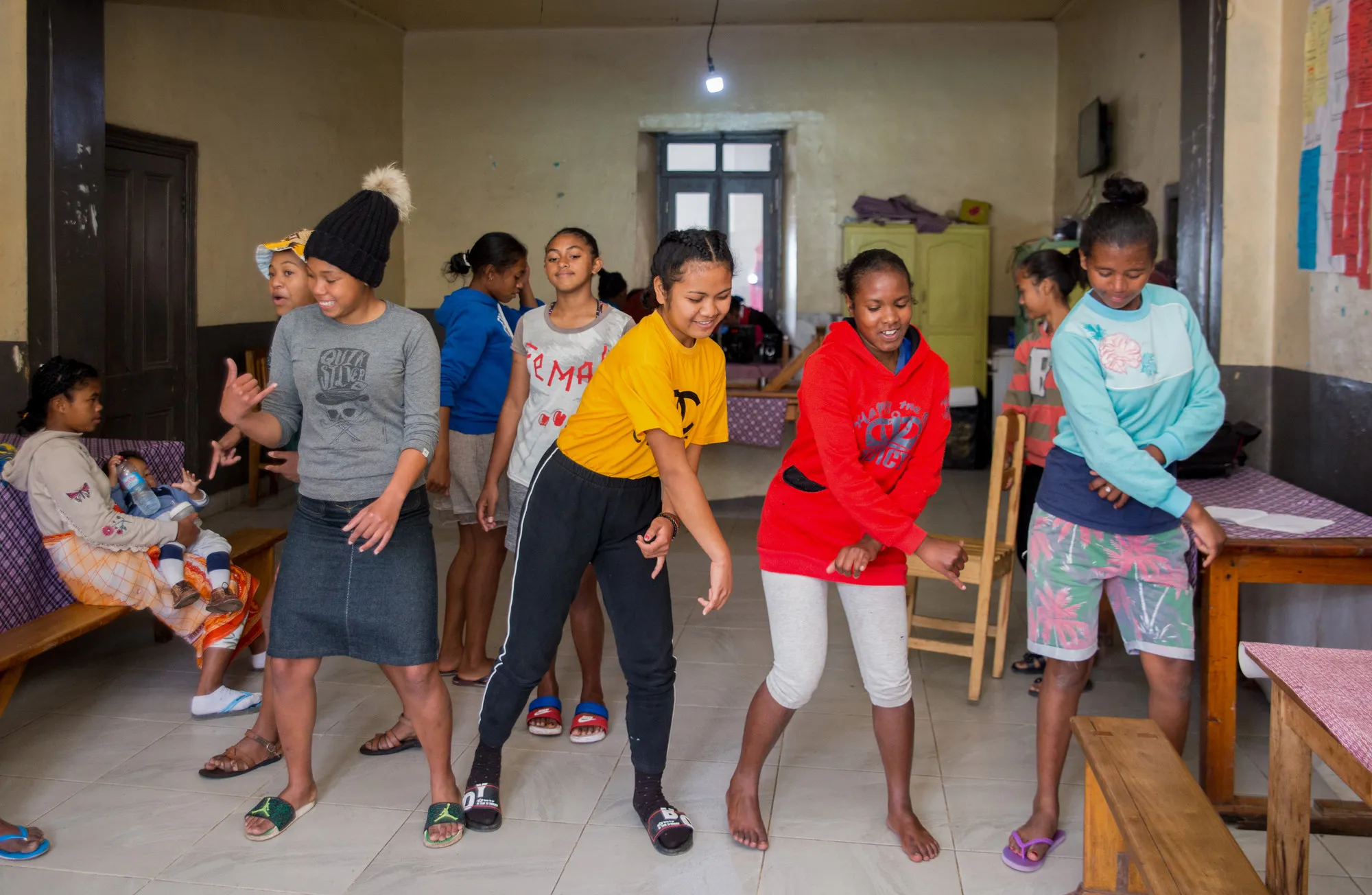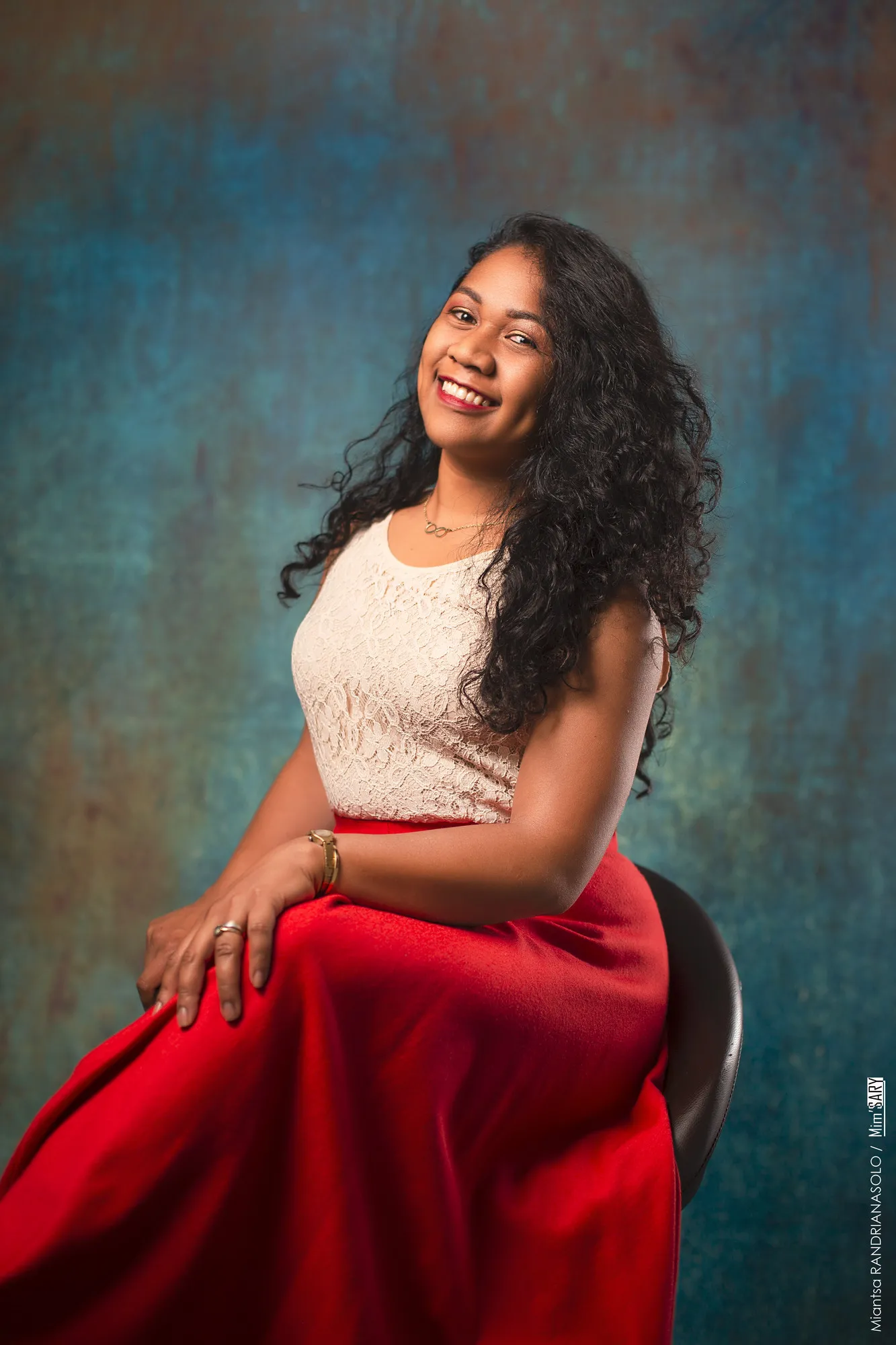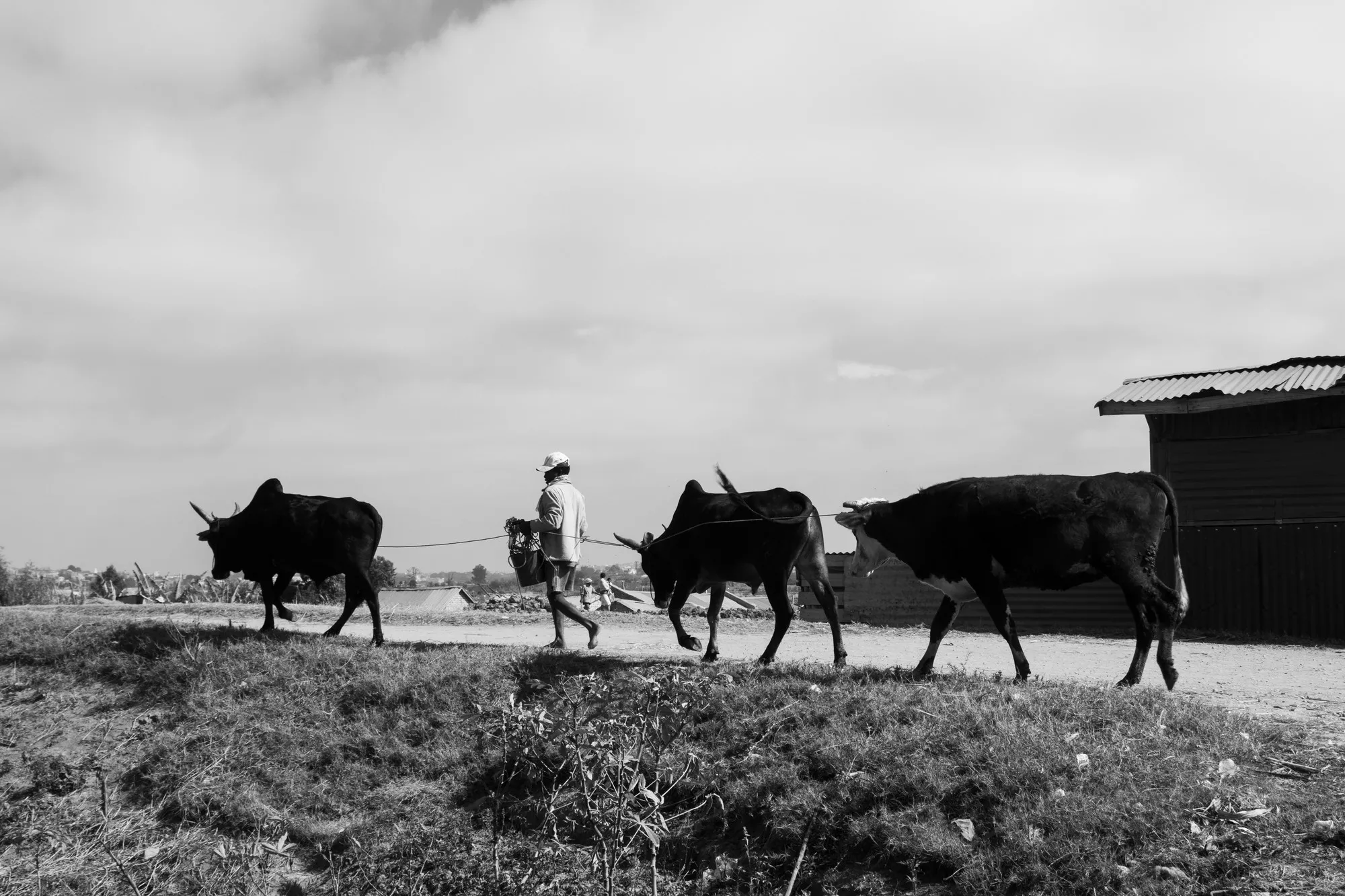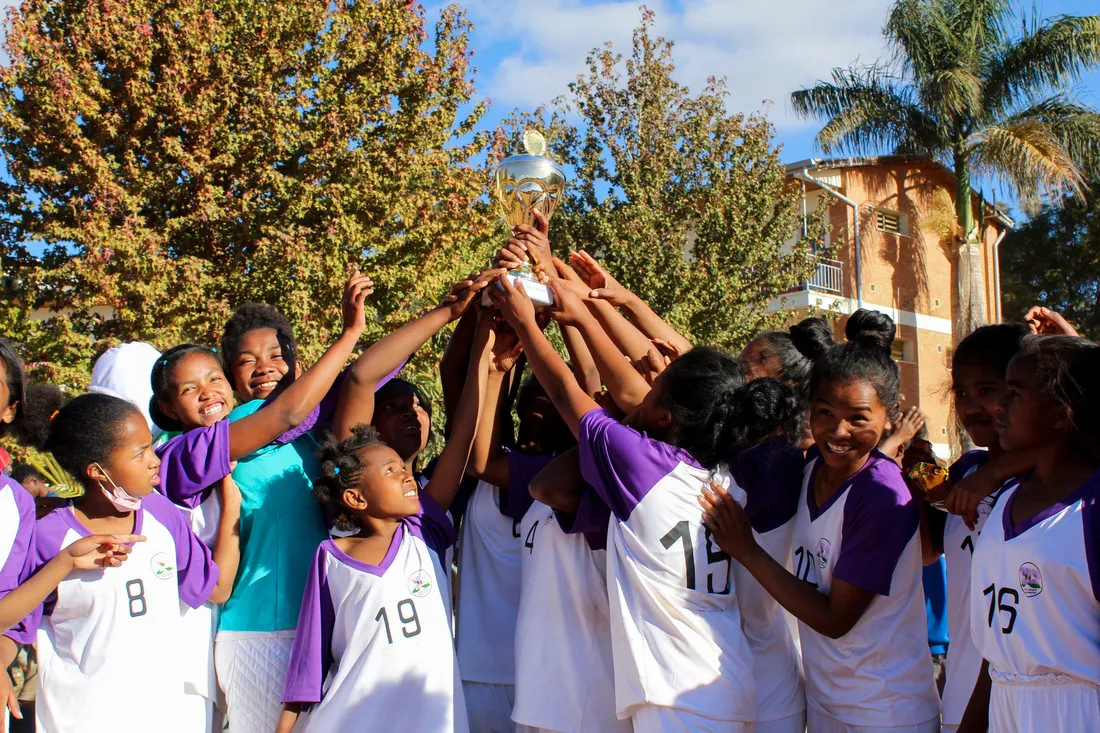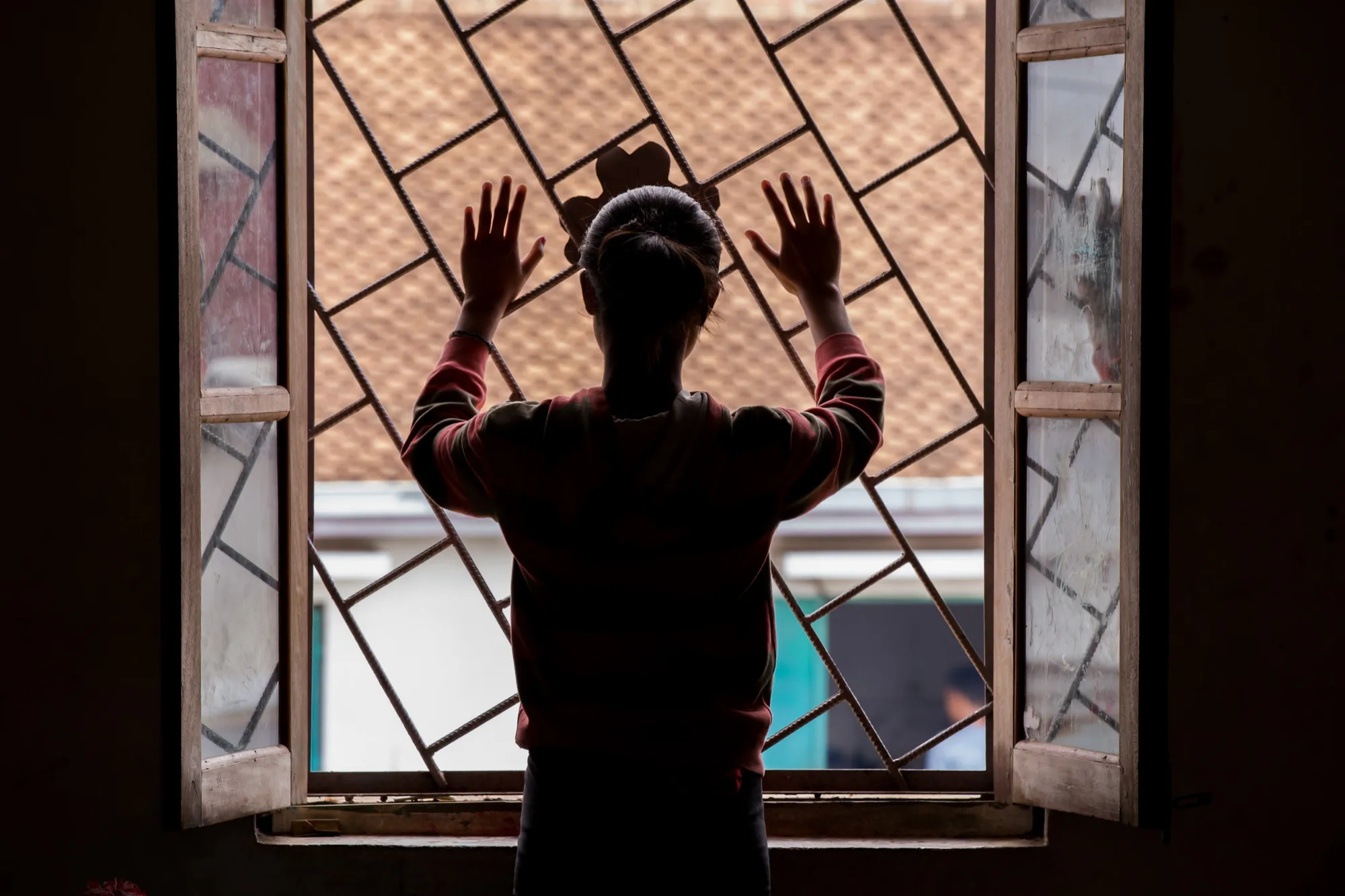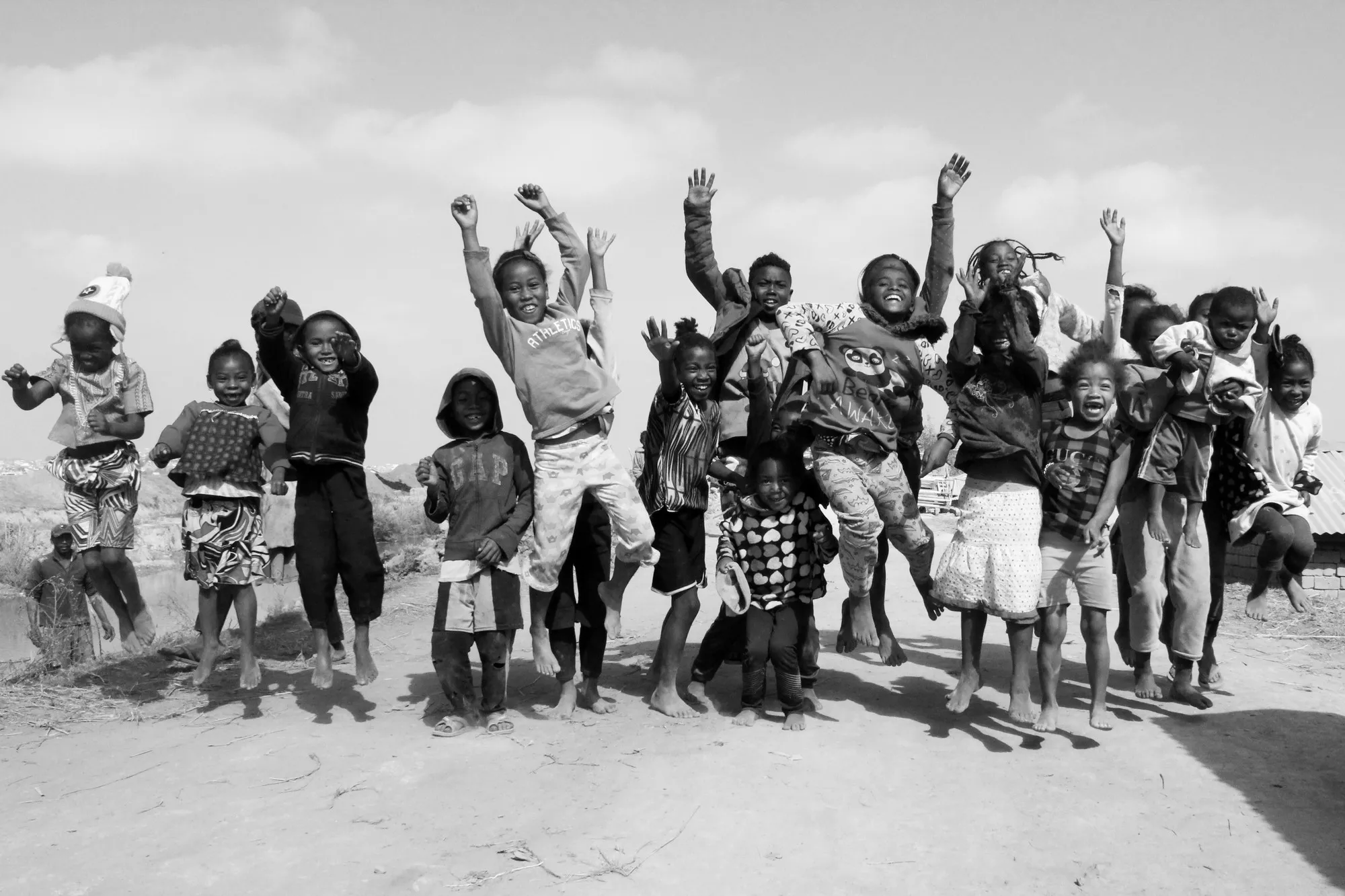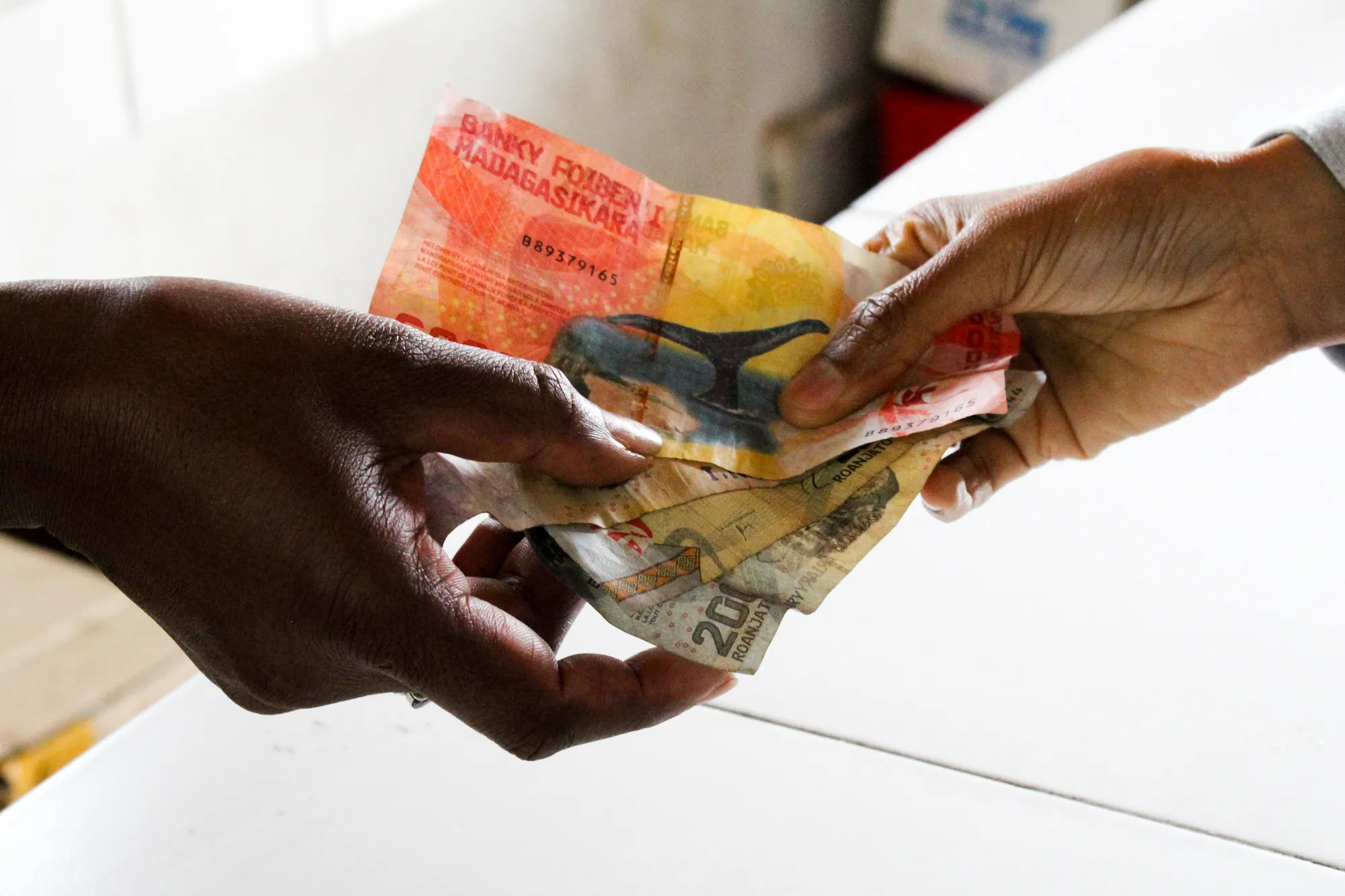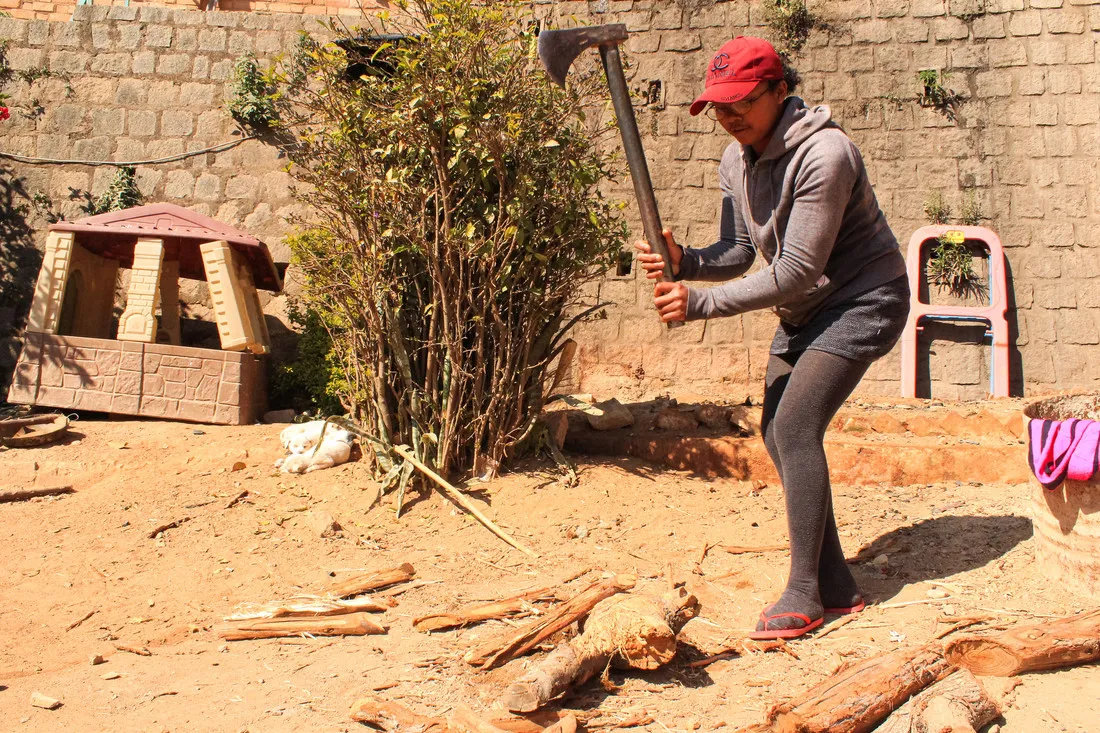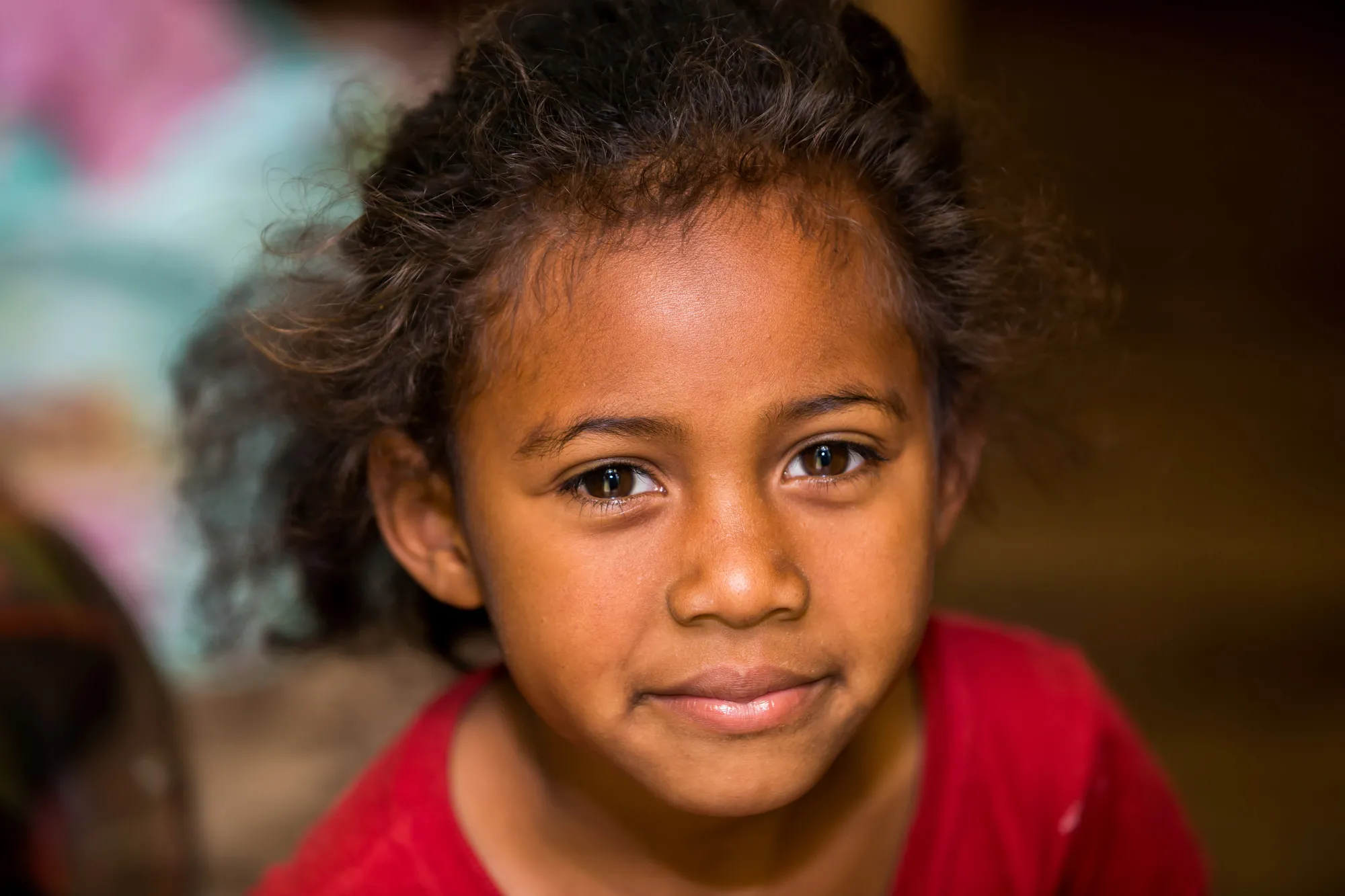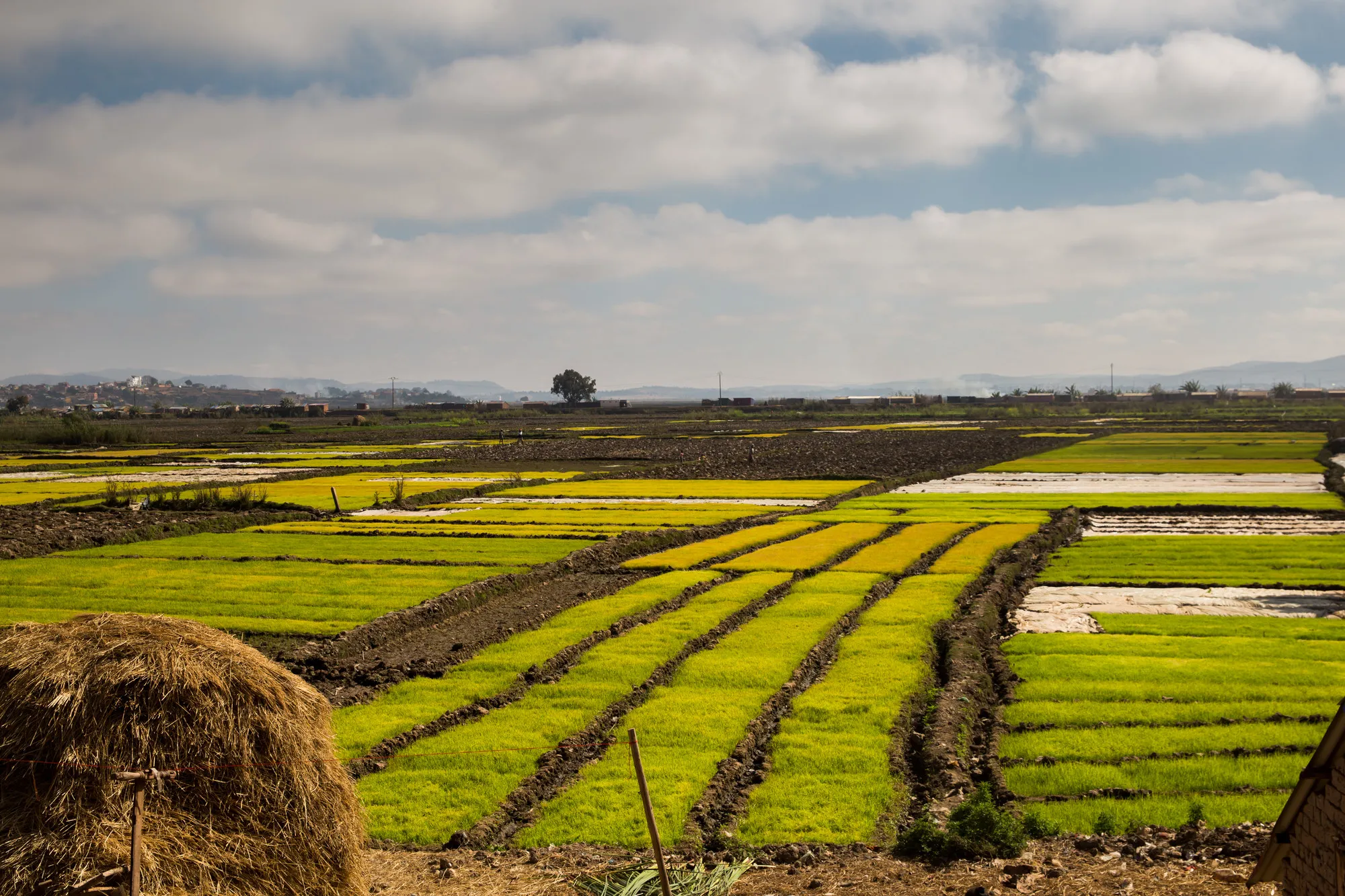Lalaina’s story: big-city crime, injustice, then an enriched life
“I arrived at the Center last year. I am 16 years old and have six siblings. I was living in a place called Mandoto in central Madagascar. Myself, my siblings, and my mother were all working in rice farming. My father abandoned us when I was born, and we have not seen him since. So, it was my mother who was responsible for feeding and looking after us. She did the best she could with the small amount she earned, but we still weren’t able to eat three meals a day.
“When we got older we also had to work to help support the family. I used to earn about 2,000 Ariary (around $0.50) by carrying rice and gardening. But this was not enough and at one point our mother was in real financial trouble; we had no food to eat, we had no land to cultivate, we had no more food. So, my mother ended up sending me to work in Antananarivo to help earn money to feed the family.
“It was the first time I had been to Antananarivo. I was working in a family home, helping with household chores and after two months I was able to do all the housework alone, and things were going well.
“One day the rest of the family left on a trip and I was left alone with the son. He asked me to sleep with him in his bed, but I said no and slept on the floor as usual. The next day, while I was cutting spinach in the kitchen, he came and tied my hands and gagged me with a cloth – so I couldn’t scream or call for help – and then he carried me to his bed and raped me. He was pressing hard on my head and I passed out and I don’t remember what happened.
“When I regained consciousness he had gone. I immediately went to the neighbors to tell them I had been raped and she sent me to the police to report it. They took me to the doctor for a medical exam who confirmed I had been raped. But when I tried to take the complaint to court the judge told me I couldn’t file a complaint as I was underage, and my mother could not afford to travel to Antananarivo to file the complaint on my behalf. So instead the police brought me to the Avoko Center.
“I would like to be like Aunty Hanta, to be tolerant like her, even when she is angry she always smiles at you. She says: ‘Even if you start small, you will end up successful.’”
“I like the life at the Center because many good things have happened to me here. I have learnt to take photos, how to cook and for the first time I am able to study, and I hope to pass my exams and go as far as possible.
“I gained a lot of life experience in the Center. Here I got educated and I can grow. I can even see the difference in my physical appearance – because I have grown morally, I have also become more mature.
“I also get on really well with the other children at the Center. I really like Aunty’s teachings when she teaches tolerance and how to save money. She gives us good advice and teaches us how to behave well, for example, not to steal, and also about how our futures and lives could be outside of the Center.
“I would like to be like Aunty Hanta, to be tolerant like her, even when she is angry she always smiles at you. She says: ‘Even if you start small, you will end up successful.’
“When I am older I would like to be a photographer. I also want to have a big restaurant. I would sell pizza, bread and ice cream. I love to cook all foods whether sweet or salty.
“I now believe that if I study hard and save money, I will reach my goals quickly. I would like to pass my exam this school year and go to school like any other child. I would like to continue my studies here so that my life can improve and so that I can reach my goal.
“I never thought I would know what a camera is, or that I would have access to one in my life, but now I know how to take photos! Being at this Center has really enriched my life.”

